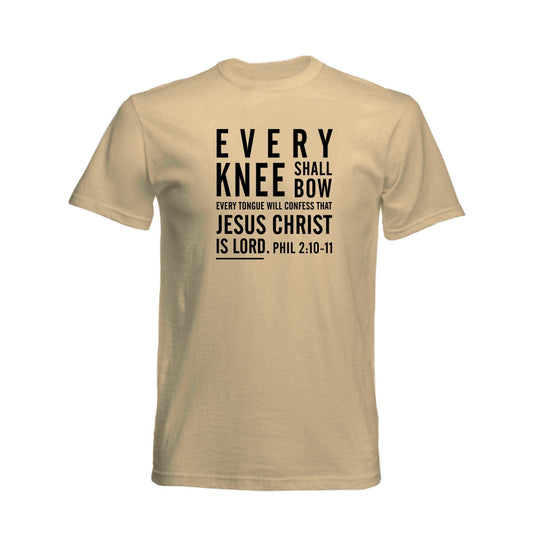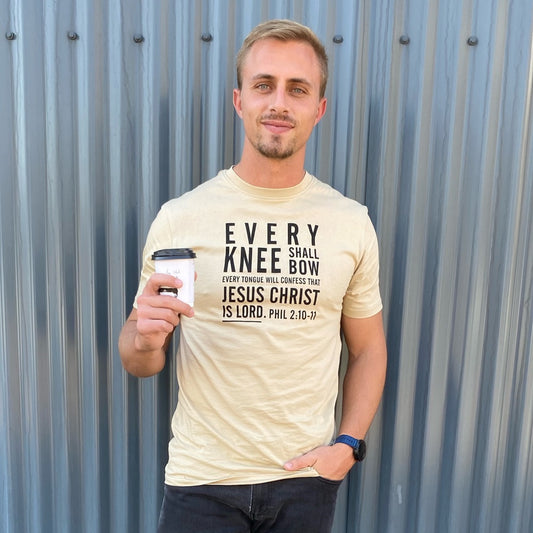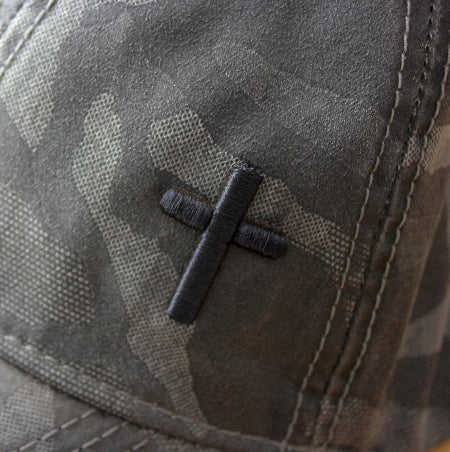Forgiveness: How to Let Go, Heal, and Walk in God’s Freedom
Share
The Power of Forgiveness: How to Walk Free
Introduction
Unforgiveness is one of the most dangerous traps we can fall into. It quietly steals our peace, poisons our hearts, and keeps us chained when God has already offered us freedom. No matter how much we try to get right in life, holding on to bitterness and resentment can undo it all. But here’s the truth: through God’s Word and the power of the Holy Spirit, you don’t have to live chained. Forgiveness is possible—and it leads to freedom.
What Jesus Taught About Forgiveness
Jesus himself spoke about forgiveness in Matthew 18:21–35:
“Therefore the kingdom of heaven may be compared to a king who wished to settle accounts with his servants. When he began to settle, one was brought to him who owed him ten thousand talents. And since he could not pay, his master ordered him to be sold, with his wife and children and all that he had, and payment to be made. So the servant fell on his knees, imploring him, ‘Have patience with me, and I will pay you everything.’
And out of pity for him, the master of that servant released him and forgave him the debt.
But when that same servant went out, he found one of his fellow servants who owed him a hundred denarii, and seizing him, he began to choke him, saying, ‘Pay what you owe.’
So his fellow servant fell down and pleaded with him, ‘Have patience with me, and I will pay you.’ He refused and went and put him in prison until he should pay the debt. When his fellow servants saw what had taken place, they were greatly distressed, and they went and reported to their master all that had taken place. Then his master summoned him and said to him, ‘You wicked servant! I forgave you all that debt because you pleaded with me.
And should not you have had mercy on your fellow servant, as I had mercy on you?’
And in anger his master delivered him to the jailers, until he should pay all his debt.
So also my heavenly Father will do to every one of you, if you do not forgive your brother from your heart.”
Ten thousand talents in those days was the equivalent of millions—an enormous debt no one could ever repay in their lifetime. That servant is us.
The Bible says that we have all fallen short of the glory of God. We have all sinned. And yet Jesus took upon Himself the full payment for our sins—something we could never repay.
But notice: when the forgiven servant refused to forgive a small debt, he was thrown back into prison. This is the reality of unforgiveness in our own lives. When we don’t forgive, we put ourselves in chains, rejecting the freedom God has already given us.
What Forgiveness Is—And What It Isn’t
Forgiveness is not saying what was done to you is okay. If someone lied to you, cheated you, stole from you, neglected you, or abused you—that is clearly wrong. The Bible says so. God has compassion on you, and He wants to heal and restore you.
But forgiveness does mean giving judgment over to God. Scripture reminds us: “Vengeance is mine, declares the Lord.” It is not up to us to take revenge, harbor bitterness, or try to get back at others.
Unforgiveness is like drinking poison every day and expecting someone else to die. It doesn’t kill them—it kills you.
Who Do We Need to Forgive?
- Anyone who has hurt us—from small offenses like being late, to deep wounds like betrayal or abuse.
- Authority figures—parents, teachers, leaders who failed to protect or love us.
- Secondary offenses—times we’ve taken on someone else’s hurt by getting angry at the person who wronged them.
- Ourselves—not rejecting God’s forgiveness, but receiving it fully instead of holding onto shame.
- Even God—not because He ever did wrong, but because sometimes we wrongly blame Him. In these cases, we must confess our anger or disappointment and let it go.
Forgiveness Is a Choice, Not a Feeling
Forgiveness is not about waiting until the pain is gone. It’s a decision, an act of obedience, and sometimes it’s a process that needs to be repeated until the heart catches up.
It’s also unconditional. Forgiveness does not depend on whether the person apologizes. Even if they’re gone from your life—or even no longer alive—you can still forgive and release the offense before God.
How to Forgive: A Practical Step
Practically, I suggest you do it in the following way. Say out loud (and fill in the blanks):
“I forgive [name] for [what they did] in the name of Jesus.”
Why this way? Sometimes we pray “Lord, help me forgive”. This is a request, but it’s not the same as actually forgiving. Speaking it out makes it an act of choice.
After forgiving, it’s also important to confess your own wrong reactions—anger, gossip, harsh words, or sinful coping mechanisms you may have fallen into because of the hurt. Scripture promises that when we confess our sins, God is faithful to forgive us and cleanse us (1 John 1:9).
Sometimes, if forgiveness feels too heavy, it helps to pray with a trusted friend or leader who can stand with you and encourage you in the process.
The Freedom of Forgiveness
God calls us to forgive not to burden us, but to set us free. He knows what unforgiveness does to the heart. Through His Spirit, He equips us to do what feels impossible.
If you find yourself struggling to forgive, it may be that you first need to experience God’s forgiveness for yourself. Receiving His mercy is the key that unlocks the ability to extend it to others.
Friend, you don’t have to live chained anymore. Forgive—because He has forgiven you. Walk free today.
Conclusion
Forgiveness isn’t easy, but it is the path to true freedom. When we forgive, we step out of the prison of bitterness and into the life of peace Jesus died to give us. God is not asking you to do this alone—He gives you His Spirit, His Word, and His presence to guide you.
If this encouraged you, explore more faith-based resources, encouragement, and even scripture-inspired designs at ITG Clothing. Our mission as a South African Christian clothing and gifts brand is to spread God’s Word in practical ways—reminding you daily of His truth and freedom.
















